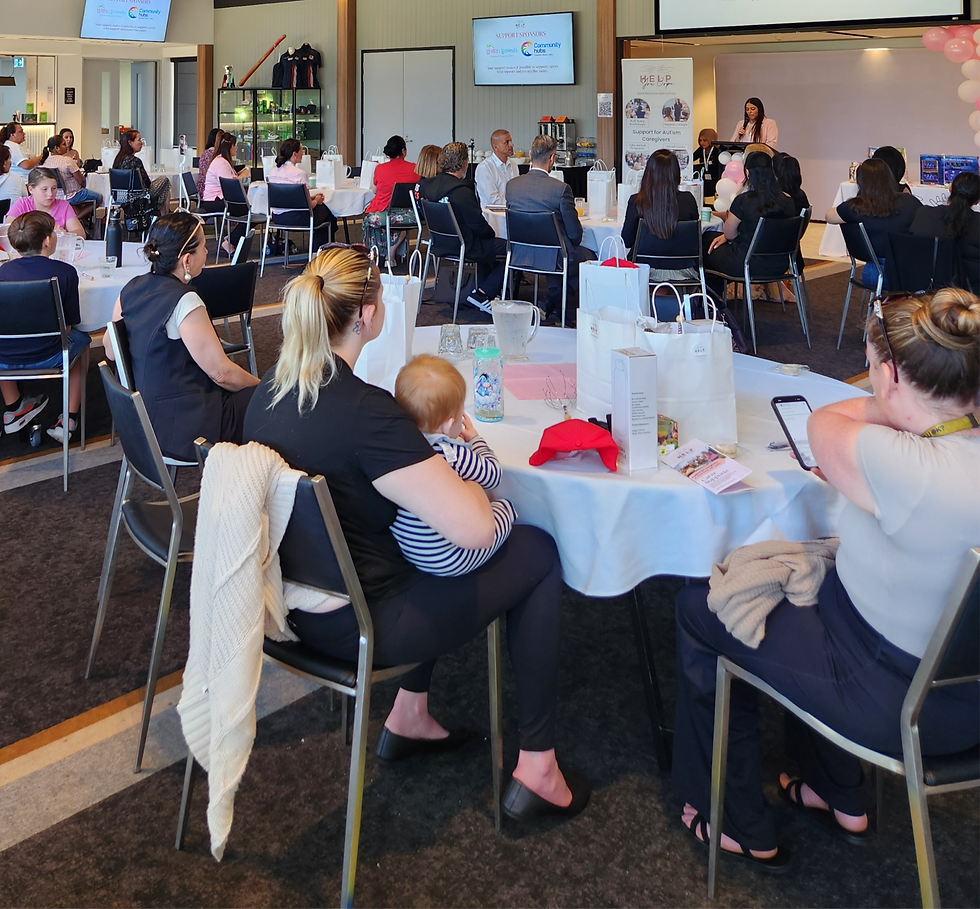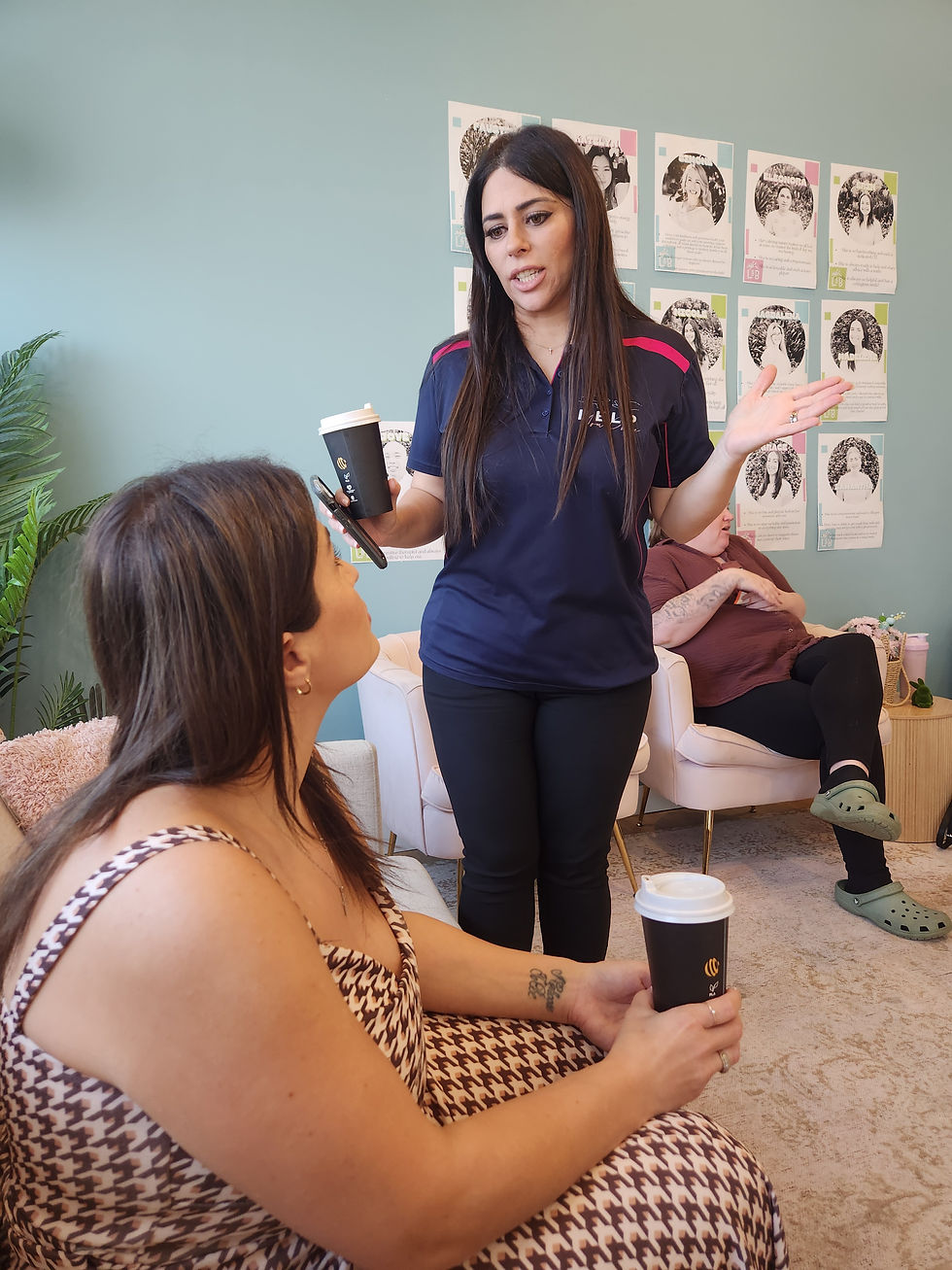How to Support Your Autistic Child at Social Events: A Guide for Autism Parents and Carers
- Help You Cope
- Oct 31, 2025
- 2 min read

Practical strategies for autism mums and carers navigating social events with autistic children. Learn how to manage sensory sensitivities, reduce anxiety, and advocate for your child's needs.
Attending social events, visiting public places, or even family gatherings can be overwhelming for autistic children and their families. If you're an autism mum or carer, you know these situations present unique challenges.
Sensory sensitivities, unfamiliar environments, and unpredictable routines often lead to stress and anxiety for children on the autism spectrum. As autism carers, these situations can be particularly challenging as we strive to ensure our children's comfort while managing our own emotional well-being.
Understanding Autism Awareness in Social Settings
It's important to recognise that not everyone understands autism and how they can help. This lack of autism awareness isn't always intentional, many people simply haven't had the opportunity to learn about the diverse traits associated with autism spectrum disorder (ASD). This can lead to situations where accommodations are overlooked, not out of malice, but due to a lack of understanding.
As autism parents and carers, we often face the added burden of advocating for our children's needs in environments that may not be suitable or accommodating. This advocacy can be emotionally draining, especially when met with resistance or indifference. However, by raising awareness and educating those around us, we can create more autism-friendly and inclusive environments.
4 Essential Strategies for Autism Carers at Social Events
1. Preparation: Set Clear Expectations for Your Autistic Child
Discuss upcoming events with your child in advance, using visual aids, autism social stories, or picture schedules to set clear expectations. Preparation helps reduce anxiety and gives your child time to process what's coming.
2. Sensory Considerations: Managing Sensory Sensitivities
Identify potential sensory triggers before the event and plan accordingly. Consider bringing:
Noise-cancelling headphones for autistic children
Familiar comfort items or sensory toys
A quiet space plan for sensory breaks
Sunglasses for bright environments
Understanding your child's sensory processing needs is crucial for successful outings.
3. Communication: Advocating for Your Child's Autism Needs
Inform hosts or organisers about your child's needs ahead of time, suggesting simple accommodations that could make the environment more autism-friendly. Don't hold back from communicating your child's requirements as it can make a huge difference, and you may be surprised at how many people want to support families with autistic children.
4. Support Networks: Connect with Other Autism Mums and Carers
You don't have to navigate this journey alone. Connect with local autism support groups to share experiences and gain insights from fellow carers who understand your challenges. Help You Cope's support group offers valuable resources for autism families in Sydney.
Finding Support as an Autism Carer
Remember, caring for an autistic child while managing social situations takes courage and patience. Connecting with other autism mums and carers who share similar experiences can provide emotional support, practical advice, and a sense of community.
Looking for more support? Visit our autism carer support services at www.helpyoucope.c
om.au to learn about our programs designed specifically for families with autistic children.








Comments